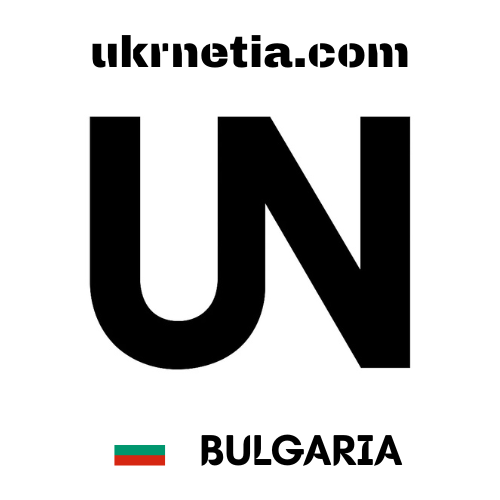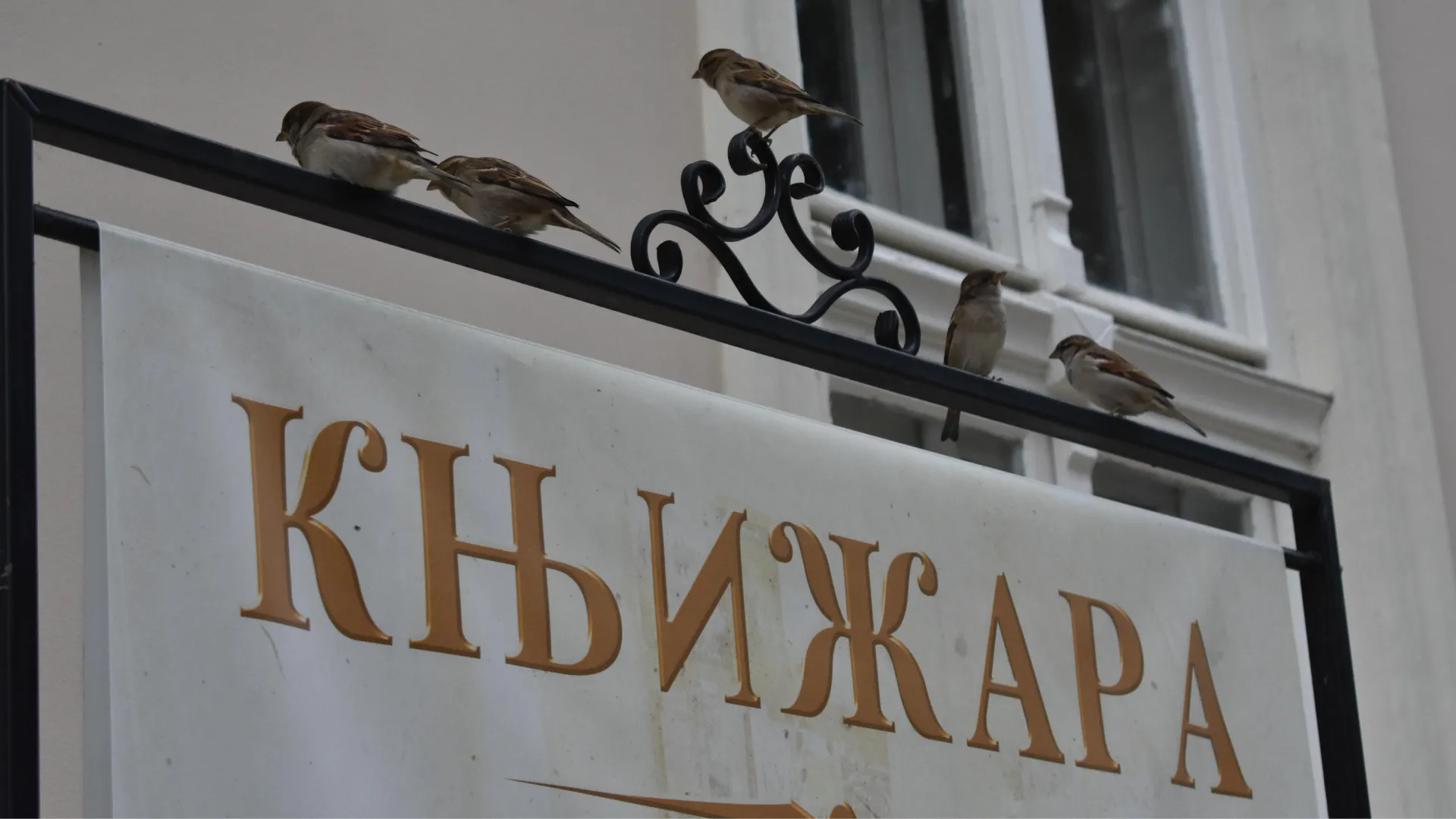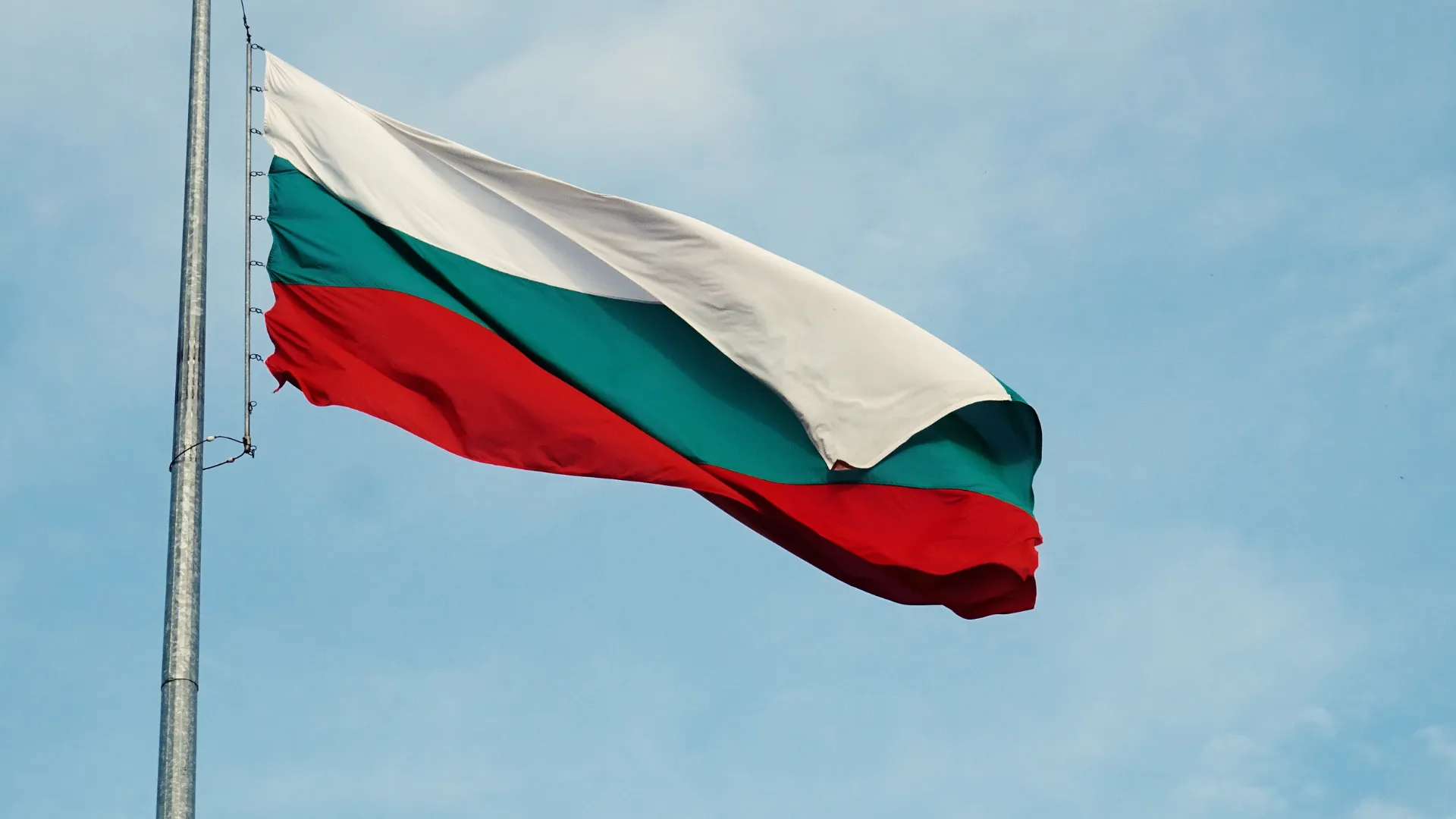Bulgaria Condemns Russian Interference with EU Satellite Signals — A New Front in Europe’s Security Landscape

In early November 2025, Bulgaria’s Ministry of Foreign Affairs issued an unusually strong public statement accusing Russia of deliberately interfering with European satellite communications. Sofia called the disruptions “unacceptable” and urged Moscow to “cease all actions jeopardizing the security of EU space and communication infrastructure.” This episode highlights a subtle but escalating dimension of the Russia–EU confrontation — the contest for control over information and navigation space. Below is an analytical breakdown of the event, its context, and its implications for European resilience and the gradual erosion of Russian influence across the EU’s technological and security spheres.
The event: what Bulgaria said and why it matters
Bulgaria’s Foreign Ministry joined a coordinated diplomatic signal by several EU members and institutions, including the European External Action Service, after reports of GPS and satellite-signal interference affecting aircraft and maritime navigation across Eastern and Southeastern Europe.
The statement accused Russian-linked transmitters — allegedly originating from the Kaliningrad region and the Black Sea area — of generating powerful jamming waves that disrupted civilian satellite services over parts of Poland, Romania, and Bulgaria. The interference was documented by Eurocontrol and independent monitoring groups.
Sofia’s official line was clear:
“Such actions are incompatible with international norms and pose risks not only to Bulgaria’s national security but also to the safety of European civil aviation and maritime navigation.”
The Foreign Ministry summoned Russia’s ambassador for explanations and called for EU-wide countermeasures, including enhanced monitoring and joint deterrence mechanisms within the EU Space Programme (notably Galileo).
Context: why now?
The Bulgarian statement did not emerge in isolation. Three overlapping developments provide context:
-
Increased regional jamming activity. Since early autumn 2025, pilots operating in the Black Sea corridor have reported recurring loss of GPS precision. Similar patterns were seen around the Baltic earlier in the year, often traced to Russian military electronic warfare units.
-
Geopolitical signalling by Moscow. As the EU deepens support for Ukraine and strengthens NATO’s southeastern flank, Russian electronic interference functions as a low-risk instrument of pressure — a form of “grey-zone warfare” that stays below the threshold of kinetic confrontation.
-
Bulgaria’s internal alignment. Sofia has become more assertive in its Euro-Atlantic orientation following energy decoupling measures against Lukoil. The satellite interference episode thus provides a diplomatic opportunity for Bulgaria to show solidarity with EU and NATO partners and to distance itself from residual Russian influence networks.
Technical implications — how jamming undermines European security
While not a direct attack in the traditional sense, satellite-signal interference can have serious consequences:
-
Civil aviation risk: GPS and Galileo signals guide aircraft during landing approaches; interference increases the likelihood of navigation errors.
-
Maritime trade: Port operations and ship tracking depend on precise geolocation; jamming can delay or misroute cargo.
-
Emergency response: Disrupted satellite timing affects telecommunications, banking, and energy-grid synchronization.
These vulnerabilities expose how space infrastructure has become both a critical asset and a soft target. Bulgaria’s reaction, therefore, reflects a broader EU realization that cyber and electromagnetic resilience is now part of collective defense.
Assumptions about Russian strategy and EU response
Based on available data and historical patterns, the following assumptions are reasonable:
-
Russia views jamming as strategic signaling. By selectively interfering with navigation systems near NATO borders, Moscow demonstrates capability and creates a climate of uncertainty — a reminder that Europe’s technological domain is not immune to contestation.
-
Bulgaria’s protest is both defensive and performative. While jamming itself may not originate over Bulgarian territory, Sofia’s diplomatic stance strengthens its image as a reliable EU and NATO member ready to call out hybrid threats.
-
The EU will use this episode to accelerate space-security integration. Expect stronger cooperation between the European Union Agency for the Space Programme (EUSPA), ESA, and national ministries of defense to develop anti-jamming technologies, redundancy in satellite constellations, and cross-border data-sharing.
-
Russian leverage in information infrastructure will erode. As EU systems move toward autonomous satellite navigation (Galileo) and away from reliance on external or dual-use channels (like GLONASS), Moscow’s ability to disrupt or influence European space-based services will decline over time.
Broader implications for EU-Russia relations
-
Hybrid warfare normalization: The incident underscores how hybrid tactics — interference, cyber intrusions, disinformation — have become the standard mode of Russian engagement with Europe.
-
Legal and diplomatic consequences: The EU may invoke the Cyber Diplomacy Toolbox to impose targeted sanctions or coordinate diplomatic expulsions if evidence confirms state-directed interference.
-
Public communication shift: By publicly naming Russia, Sofia and other EU states are reducing the hesitancy that once characterized responses to “gray-zone” aggression, aligning rhetoric with deterrence.
Analytical conclusion — a small signal of a larger shift
Bulgaria’s statement on Russian satellite interference is a symbolic inflection point rather than an isolated protest. It demonstrates:
-
The normalization of hybrid threats as a permanent feature of Europe’s security environment;
-
The tightening of EU-NATO coordination in cyber and space defense;
-
The continued erosion of Russian influence in European critical-infrastructure domains — from refineries and pipelines to communication satellites.
This erosion is incremental but irreversible: each episode that exposes vulnerability triggers institutional adaptation, funding for new technology, and political unity. In effect, Moscow’s interference accelerates the very integration and resilience that limit its own influence.
Policy takeaways
-
Invest in resilience: Bulgaria and its EU partners should expand national monitoring stations for spectrum anomalies and share real-time jamming data through EUSPA.
-
Legal frameworks: The EU should define deliberate large-scale satellite interference as a hostile act under existing cybersecurity and space-security directives.
-
Strategic communication: Public transparency about incidents helps inoculate societies against panic and misinformation.
-
Technological autonomy: Continued funding of Galileo’s next generation (multi-band anti-jam capability) and complementary ground-based navigation systems (eLoran, quantum timing) will further insulate Europe from external disruption.
Final reflection
Bulgaria’s firm diplomatic tone illustrates how smaller EU states can shape collective security discourse. By elevating the issue of Russian satellite interference from a technical anomaly to a political concern, Sofia contributes to redefining European sovereignty in the 21st century — sovereignty not only of borders, but of frequencies, orbits, and data streams.










